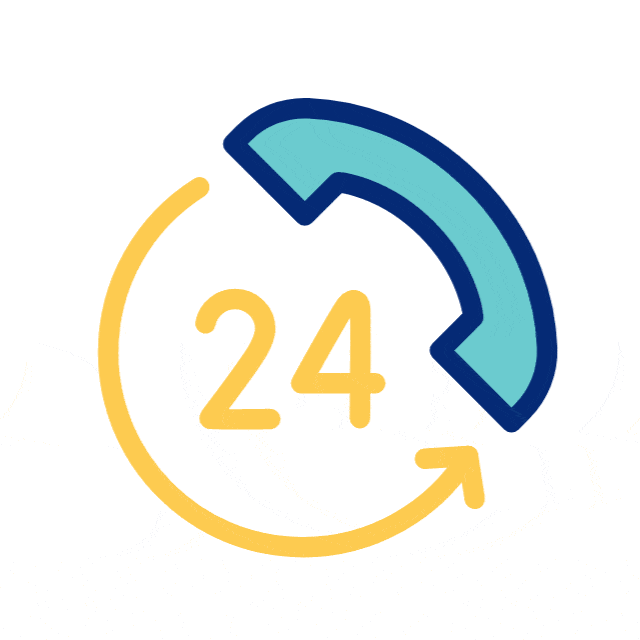Category : Urology
Benign prostatic hyperplasia (BPH) — also called prostate gland enlargement is a common condition as men get older. An enlarged prostate gland can cause uncomfortable urinary symptoms.
It is very important to diagnose it early and treat to prevent complications. There are several effective treatments for prostate gland enlargement, including medications, minimally invasive therapies and surgery. To choose the best option, you and your doctor will consider your symptoms, the size of your prostate, other health conditions you might have and your preferences.
Symptoms
The severity of symptoms in people who have prostate gland enlargement varies, but symptoms tend to gradually worsen over time. Common signs and symptoms of BPH include:
- Frequent or urgent need to urinate
- Increased frequency of urination at night (nocturia)
- Difficulty starting urination
- Weak urine stream or a stream that stops and starts
- Dribbling at the end of urination
- Inability to completely empty the bladder
- Burning micturition
- Inability to urinate leading to retention of urine
- Blood in the urine
The size of your prostate doesn’t necessarily determine the severity of your symptoms. Some men with only slightly enlarged prostates can have significant symptoms, while other men with very enlarged prostates can have only minor urinary symptoms.
When to see a doctor
- If you’re having urinary symptoms, discuss them with your doctor. It’s important to identify or rule out any underlying causes. Untreated, urinary problems might lead to obstruction of the urinary tract and may damage the kidneys.
- If you’re unable to pass any urine, seek immediate medical attention.
Causes
- The prostate gland is located beneath your bladder. The tube{urethra} that transports urine from the bladder to outside passes through the center of the prostate. When the prostate enlarges, it begins to block urine flow.
- Most men have continued prostate growth throughout life. In many men, this continued growth enlarges the prostate enough to cause urinary symptoms or to significantly block urine flow.
Complications
Complications of an enlarged prostate can include:
- Sudden inability to urinate (urinary retention). You might need to have a tube (catheter) inserted into your bladder to drain the urine.
- Urinary tract infections (UTIs). Inability to fully empty the bladder can increase the risk of infection in your urinary tract. If UTIs occur frequently, you need to take immediate treatment.
- Bladder stones. These are generally caused by an inability to completely empty the bladder. Bladder stones can cause infection, bladder irritation, blood in the urine and obstruction of urine flow.
- Bladder damage. A bladder that hasn’t emptied completely can stretch and weaken over time. As a result, the muscular wall of the bladder no longer contracts properly, making it harder to fully empty your bladder.
- Kidney damage. Pressure in the bladder from urinary retention can directly damage the kidneys or allow bladder infections to reach the kidneys.
Most men with an enlarged prostate don’t develop these complications. However, acute urinary retention and kidney damage can be serious health threats.
Having an enlarged prostate is not believed to increase your risk of developing prostate cancer.
Diagnosis
Doctor will examine and do the necessary investigations like-
Ultrasound abdomen and pelvis to determine the size of the prostate gland and look for residual urine in bladder.
Uroflowmetry to see the urine flow rate and pattern of urine flow.
Treatment
There are various treatment options like medications, minimally invasive therapies and surgery depending upon symptoms and investigation findings.
Medical treatment include alpha blockers, 5 alpha reductase inhibitors and phosphodiesterase type 5 [PDE5]inhibitors.
Surgical treatment options include Transurethral resection of prostate using different energy sources or open surgery.





